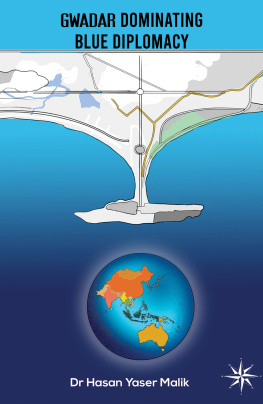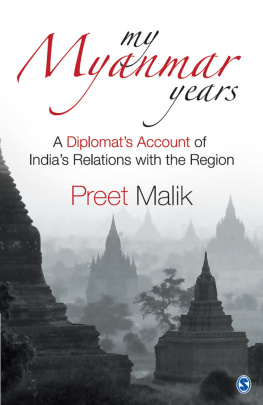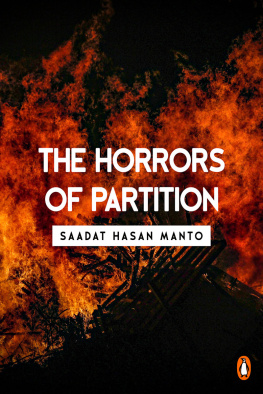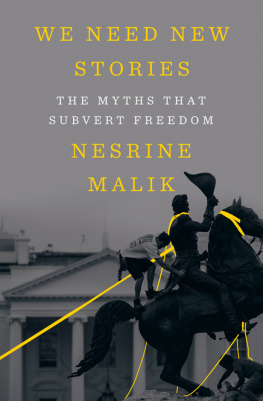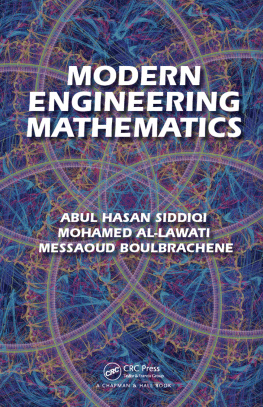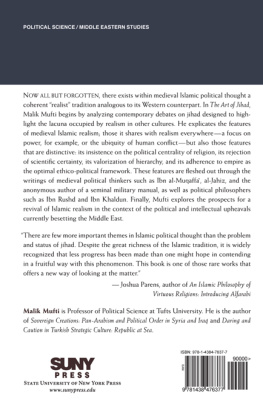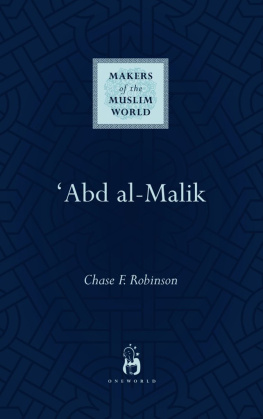Copyright Information
Dr Hasan Yaser Malik (2021)
The right of Dr Hasan Yaser Malik to be identified as author of this work has been asserted by the author in accordance with section 77 and 78 of the Copyright, Designs and Patents Act 1988.
All rights reserved. No part of this publication may be reproduced, stored in a retrieval system, or transmitted in any form or by any means, electronic, mechanical, photocopying, recording, or otherwise, without the prior permission of the publishers.
Any person who commits any unauthorised act in relation to this publication may be liable to criminal prosecution and civil claims for damages.
The story, experiences, and words are authors alone.
A CIP catalogue record for this title is available from the British Library.
ISBN 9781398437791 (Paperback)
ISBN 9781398437807 (ePub e-book)
www.austinmacauley.com
First Published (2021)
Austin Macauley Publishers Ltd
25 Canada Square
Canary Wharf
London
E14 5LQ
Acknowledgement
I acknowledge the guidance of my great father; without whose love it would not have been possible for me to complete my research. I am also obliged to my loving brother and wife for their support.
Holy Quran
And whatsoever He hath created for you in the earth of diverse hues, lo! Therein is indeed a portent for people who take heed. And He it is who hath constrained the sea to be of service that ye eat fresh meat from thence, and bring forth from thence ornaments which ye wear. And thou see the ships ploughing it that ye may seek of His bounty and that haply ye may give thanks.
An-Nahl, 13-14 (The Quran)
Foreword
The strategic significance of Gwadar Port, in the light of the China-Pakistan Economic Corridor (CPEC), tends to draw the attention of major powers. Pakistan is located at the crossroads of Central, South and West Asia, and is situated in the vicinity of the oil-rich Persian Gulf region. CPEC, with a focus on connecting Gwadar Port with the Chinese city of Kashgar, is called a game changer and a project which will ensure a win-win situation for both Beijing and Islamabad.
The book Gwadar Dominating Blue Diplomacy is a timely and major effort by the author Dr Hasan Yaser Malik to dwell at length why the port of Gwadar tends to draw worlds attention in the light of CPEC and how it can be useful for the landlocked Central Asian region. Divided into ten chapters and covering almost major aspects of the transformation of Gwadar from a small fishing village to an international level port, the book is a notable contribution in the existing literature on Pakistan.
Balochistan is the most sensitive province of Pakistan, in terms of its richness in mineral resources, low-intensity conflict involving separatist groups and security forces, and strategic interests of external players namely: India, China, United States, Iran, and Afghanistan. The transformation of Balochistan in terms of poverty alleviation, better education, and steps for social and human development will transform one of Pakistans most backward provinces into a prosperous and stable one. Gwadar, as the emerging port in the region, will undoubtedly provide a valuable opportunity for unleashing the process of development in Balochistan primarily under CPEC.
The author has not only enriched his book with useful maps and bibliography but has also included innovative chapters on the Wakhan Corridor, China-Pakistan Economic Corridor, and German involvement in CPEC. In-depth concluding analysis in the book also offers policy recommendations to the government about dealing with threats and opportunities emanating from the growing strategic importance of Gwadar Port. His assertion that Pakistan must understand its true place in the Central Asian scenario, build strong bonds and offer all possible assistance, and that a comprehensive and a pragmatic policy combined with bold steps are necessary for prudent gains, is timely and needs serious consideration by Islamabad. Furthermore, opportunities to develop Balochistan must be seized so that the local discontent due to variety of reasons is properly and prudently handled. The author also suggests that Pakistan needs to seize upon this opportunity, which history and geography has afforded. Gwadar will remain a cornerstone for any development or progress toward Central Asian Republics (CARs), not only for Pakistan, but also for all regional key players. It is the need of the hour that pragmatic measures at various tiers be taken to highlight the strategic significance of the Gwadar Project as it will usher in an era of prosperity for Pakistan, Central Asian Regions in particular, and international community in general. Certainly, the literature on Gwadar Port and CPEC presented in the book will go a long way in helping Pakistan formulate a policy based on pragmatic realism, so that opportunities which exist for the development of Balochistan are properly utilized.
Interestingly, 72 recommendations have been presented by the author in his book which must be studied by policy-makers so that Pakistan can cope with the challenges in Balochistan and those emanating from CPEC. One expects the book to have an impact on the existing discourse on Gwadar as a gateway to the China-Pakistan Economic Corridor and the challenges faced by Pakistan in dealing with geo-strategic challenges.
Moonis Ahmar, PhD and Meritorious Professor of International Relations and Dean Faculty of Social Sciences, University of Karachi.
Strategic Significance of Gwadar Port

C:\Users\hmalik1\Desktop\obor2.jpg


